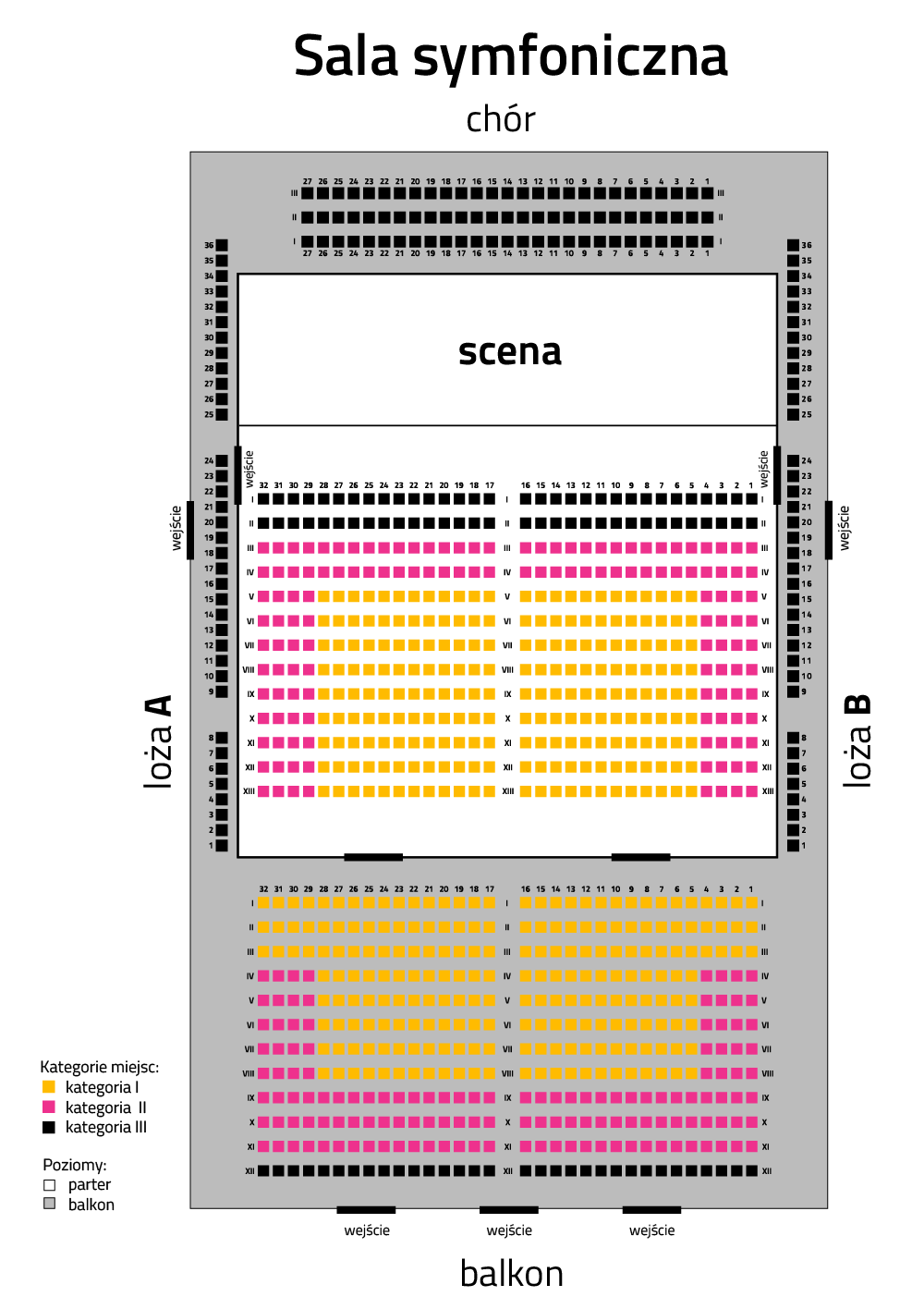In 1802 Johann Nikolaus Forkel published the biography of Johann Sebastian Bach, which he concluded with a nationalist tone: "And here is the man – the greatest so far and probably in the future poet and orator of music – he was a German." But musically the matter is not so obvious. Forkel clearly did not listen to the Brandenburg concerts which were a synthesis of Italian and German styles.
Six concerts that went down in history as the most important pieces of instrumental baroque Bach dedicated to Margrave of Brandenburg Christian Ludwig in 1821 (although they had been created earlier). At that time, Bach had already done his own extensive synthesis of national styles. In the suites the French ballroom can be heard while the refined fugues constitute a trace of German accomplishments in counterpoint, while in the Brandenburg concerts Italian concerto grosso is heard. What does it mean?
Well, one of the most important principles that existed since the beginning of concerts (formerly also the vocal-instrumental concerts) was to achieve a sonic contrast. At the beginning the echo effect was the most popular. A similar melody, but played by other instruments or voices. Over time, however, the echo was not enough. Competition arrived. Here the composers began to equip the musicians with melodies which were material for the musical duel, and this in turn inevitably led to the development of instrumental virtuoso techniques. One must admit that the leading role in the development of musical rivalry or – more professionally – the concert style, belonged to Italy (Venice, Rome). It is in Italy that we observe the development of various types of concerts. One of the most important, whose father was Arcangelo Corelli, is the concerto grosso. Within this type, two groups competed: all musicians (tutti or ripieno) against the ensemble separated within the whole called the concertino. Probably this distribution of competing forces was justified because, for example, in churches in northern Italy during religious festivals, it was the case that in the orchestra next to the top musicians, servants and workers sat. For them playing an instrument was an auxiliary occupation. So everything that required high musical skills, including solo parts, was left to the 'professionals' (professori – concertino), while tutti fragments were the domain of amateurs. In this way practical reasons probably contributed to the formation of the concerto grosso. In most of Bach's concertos the principle of competition between tutti and concertino is preserved, but there are also unusual fragments. Here wind instruments, for example, are quite exposed which is an echo of the German tradition of the so-called town piper (Concerto No.2: clarino trumpet, Concerto No. 4 longitudinal flutes). The town piper is the tradition of buglers and musicians playing from towers. The occupation of Stadtpfeifer often appears in the family of the Bachs i.a. Bach’s father, Johann Ambrosius Bach, was a town piper. Thus in Bach's concerts, there are two traditions present – Italian and German.
We will hear the concertos performed by the Berlin Barock Solisten, an ensemble that has been operating since 1995. The musicians mostly come from the Berlin Philharmonic and specialize in so-called historically informed performances (17th and 18th century). The world of early music is the most popular music residence for conductor Reinhard Goebel. He started with the violin (Conservatory in Cologne) to enrich his skills with music studies (University of Cologne), to finally focus on historical performances (Musica Antiqua Köln). And so it still continues... as the musicians present concertos of the German national composer who had some weakness for the Italian style.
------------------------------
Mikołaj Rykowski PhD
Musicologist and clarinetist, doctorate, and associate at the Department Music Theory at the Paderewski Academy of Music in Poznań. Author of a book and numerous articles devoted to the phenomenon of Harmoniemusik – the 18th-century practice of brass bands. Co-author of the scripts "Speaking concerts" and author of the spoken introductions to philharmonic concerts in Szczecin, Poznań, Bydgoszcz and Łódź.


